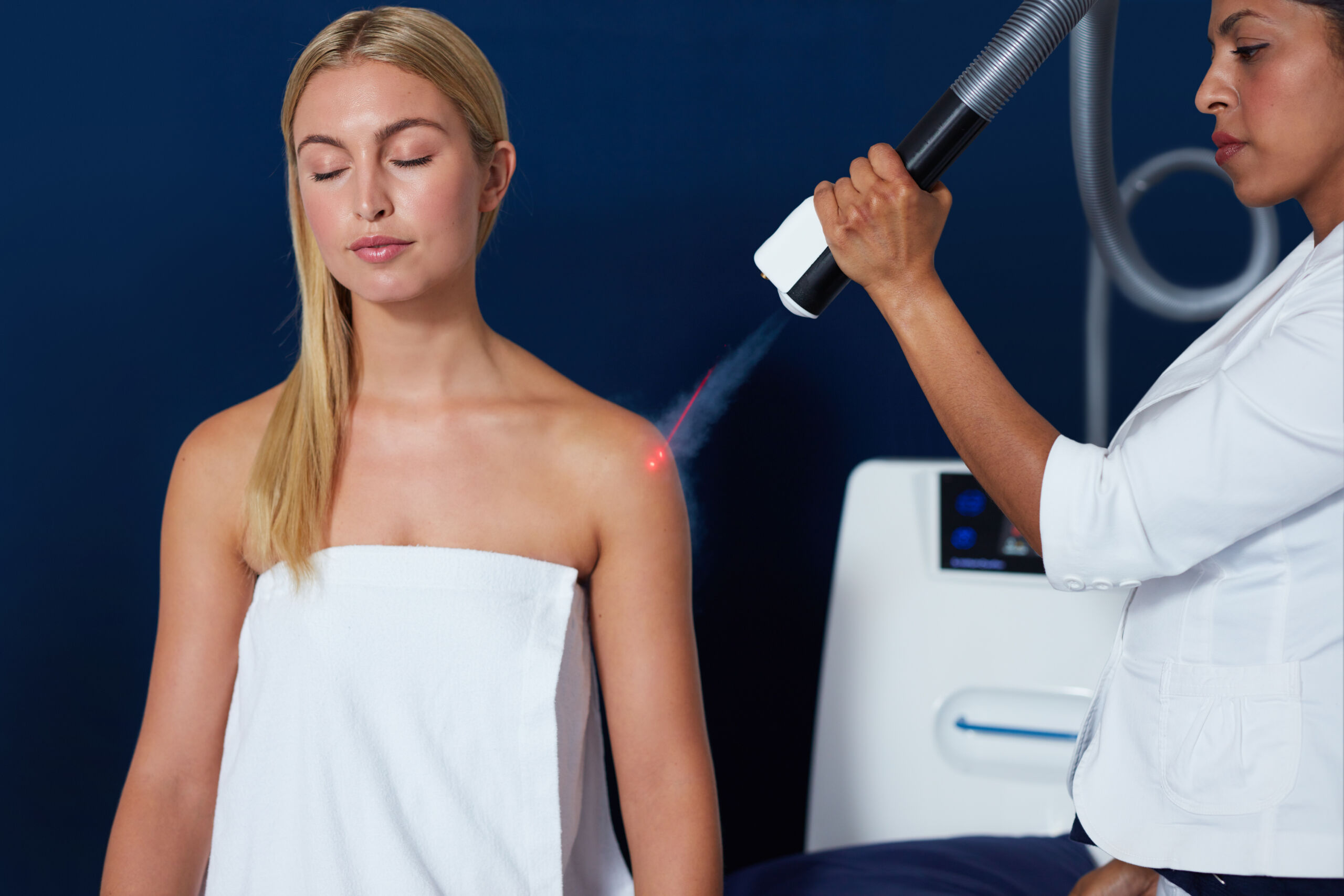
Abstract
Objectives: New, effective biological interventions for treatment of depressive episodes and recurrent depression are still needed. Whole-body cryotherapy (WBC), which is a treatment using cryogenic temperature, is a novel therapeutic modality in neurology and rheumatology. The objective of this study was to determine the efficacy and safety of WBC as an add-on treatment for depressive episode.
Methods: 30 adults diagnosed with depressive episode were recruited to an observational, prospective study. 21 participants (17 women, 81%), mean age 46.1 (±16.7), completed the whole study procedure. The Hamilton Depression Rating Scale and the Beck Depression Inventory were used to assess the severity of depressive symptoms. Additionally, quality of life and anhedonia were assessed with the WHOQoL-BREF and the SHAPS. Participants undertook 10, 2-minute (from – 110 C to – 135 degrees C) WBC sessions within two weeks.
Results: Patients after WBC sessions showed significant improvement in the form of a reduction in total scores in scales assessing depressive symptoms: the HDRS (p< 0.00001) between T1 (16.94±4.3) and T4 (4.50±4.2) and the BDI-II (T1: 13.48±4.6; T4: 6.14±6.7, p<0.03), lower anhedonialevelon SHAPS (p =0.011) and higher quality of lifein thefollowing domains: physical health (p =0.024), psychological health (p =0.016) and environmental domain (p =0.003). Pre/post comparison of self-report well-being measured by the VAS scale showed a significant increase (p< 0.00001). It was shown that WBC have no effect on the level of cytokines, NO, hsCRP, ESR and TAS in blood (p> 0.05).
Conclusions: WBC proved to be an effective, safe, and tolerable add-on intervention in patients with depressive episode. Further randomized controlled trials should be conducted.
Source URL: https://pubmed.ncbi.nlm.nih.gov/31955185/

